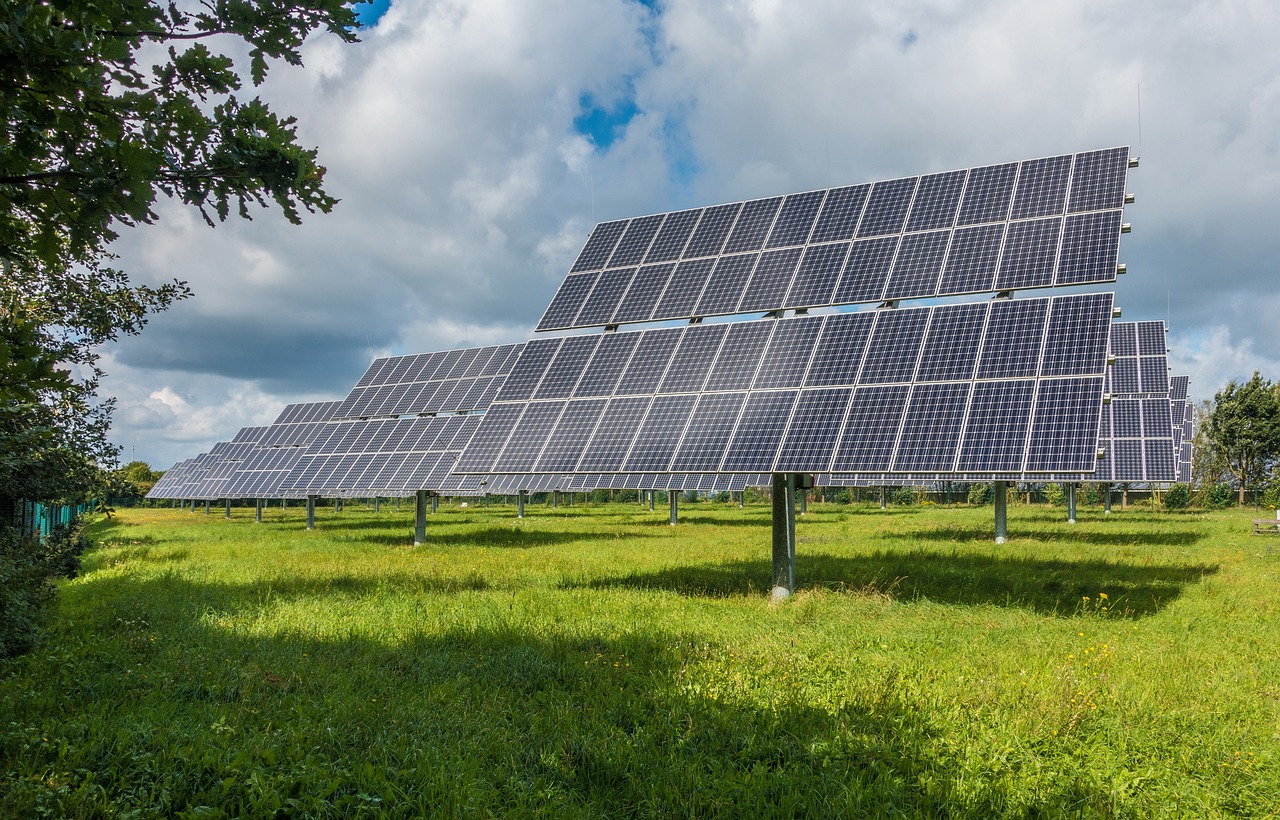This new call for applications, which is part of the Recovery, Transformation and Resilience Plan (PRTR) that mobilises Next Generation EU funds, will have a budget of 50 million euros.
TDB keeps you informed. Follow us on Facebook, Twitter and Instagram.
The substitution of fossil fuels for renewable energies
The Ministry for Ecological Transition and the Demographic Challenge (MITECO) has published the draft order approving the regulatory bases and the incentive programme for granting aid to cogeneration and waste treatment facilities that replace fossil fuels (natural gas, fuel oil and diesel) with renewables in the production of electricity and valuable heat for their industrial processes.
The line of incentives, managed by the Institute for Energy Diversification and Saving (IDAE), a body under the Ministry of Industry, Tourism and Trade, represents an important opportunity for industry: it provides a viable and affordable alternative energy supply, which reduces costs and improves the competitiveness of companies.
It is a measure in line with the More Energy Security Plan (Plan +SE), aimed at strengthening Spain’s and Europe’s strategic and energy autonomy, reducing the economy’s vulnerability and the country to fossil fuel imports. It will also generate employment, boost economic activity in the territory and contribute to achieving climate neutrality by 2050.
Projects for the production of renewable energies, individually or in combination with installations, are eligible for funding. Thus, structures for the production of electricity or cogeneration from biomass, biogas, wind, hydroelectric or solar photovoltaic energy are eligible. In the case of thermal energy production, biomass, biogas, geothermal, hydrothermal, aerothermal, aerothermal or solar thermal installations are included.
The number of subsidies range from 50,000 to 15 million euros per project. As for the intensity of the subsidies, it may cover up to 65% of the project with an increase depending on the type of company, 10% more if it is small, 5% in the case of medium-sized companies, and another 5% more if it is located in a municipality with a demographic challenge.
